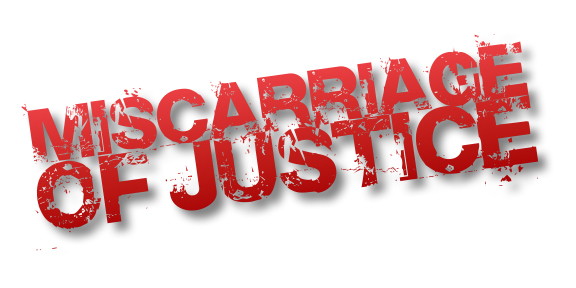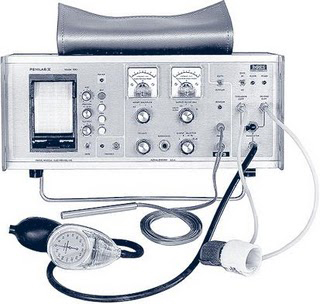We’re still doing a weekly newsletter… we’re just posting pieces of it every day. The news is fresher this way…

INTRODUCING “MISS CARRIAGE”
 The numbers are compelling and well known. Last year, 97.1 percent of all federal criminal cases were resolved by guilty pleas. And those guilty pleas were overwhelmingly entered only after the government and defendant signed a written plea agreement.
The numbers are compelling and well known. Last year, 97.1 percent of all federal criminal cases were resolved by guilty pleas. And those guilty pleas were overwhelmingly entered only after the government and defendant signed a written plea agreement.
There is nothing inherently wrong with resolving cases through guilty pleas — it reduces the government’s burden to prepare and conduct a trial, reduces the cost of defense for the defendant and court (because most defendants have court-appointed attorneys), lessens the imposition on witnesses, and saves courtroom resources. But in the federal plea bargaining system, prosecutors often strong-arm defendants by offering them dramatically shorter prison terms if they plead guilty, and threatening them – if they go to trial ¬– with sentences that retired Judge John Gleeson of the Eastern District of New York once described as “so excessively severe, they take your breath away.”
Plea bargaining means higher sentences for defendants who go to trial. In 2012, Human Rights Watch reported, the average sentence of federal drug offenders convicted after trial was three times higher (16 years) than that received after a guilty plea (5 years and 4 months).
Most plea agreements contain appeal waivers, promises by the defendant not to appeal except in limited circumstances. It’s one thing to get the defendant to waive the right to appeal decisions and conduct that have already occurred: at least in that case, the defendant can fairly be charged with knowing what has already gone on. But waivers also waive the right to challenge the sentence as long as it falls within the broad range set out in statute. You had a great argument against a 2-level enhancement, but your lawyer left her notes at home? Tough luck to you, fella.
 There is a safety valve. Generally, despite the fact the defendant signed an appeal waiver, an appellate court will consider a sentencing issue on appeal to prevent a “miscarriage of justice.” And what is that? It’s sort of like Justice Potter Stewart’s famous concurrence in Jacobellis v. United States : “I know it when I see it…”
There is a safety valve. Generally, despite the fact the defendant signed an appeal waiver, an appellate court will consider a sentencing issue on appeal to prevent a “miscarriage of justice.” And what is that? It’s sort of like Justice Potter Stewart’s famous concurrence in Jacobellis v. United States : “I know it when I see it…”
There’s some irony to recalling Justice Stewart’s pithy non-definition – which dealt with the definition of pornography – because that’s what today’s case is about. Bill Berríos pled to a child porn production count pursuant to a signed plea agreement, in which (among other things) he waived his right to appeal if his sentence was within the statutory range. When his sentence did not meet his liking, Bill appealed in spite of the waiver.

Yesterday, the 1st Circuit remanded Bill’s sentence on only one of four ground he claimed. Although it disposed of three arguments so summarily that it didn’t even to describe what Bill claimed, the Court stalled on a special conditions of supervised release that required Bill to undergo a special test that measured response of certain of his private parts to his seeing certain images (we’ll refer to the test by its acronym, PPG).

The district court imposed the PPG requirement on Bill without any explanation. On appeal, the government conceded that PPG – a controversial technique – lacked any utility. Noting that a district court must “provide a substantial justification before making submission to PPG testing part of a condition of supervised release” – and being swayed by the government’s refusal to defend the condition – the 1st Circuit decided that whatever “a miscarriage of justice” was, this clearly fell to far side of that line. The Court said “potentially subjecting the defendant to PPG testing when the government expressly disavows the utility of this particular procedure about which we have expressed reservations, especially when the record lacks any explanation of the applicability of PPG testing to this defendant, constitutes a miscarriage of justice as well as plain error.”
United States v. Berríos-Cruz, Case No.14-1058 (1st Cir., Dec. 12, 2016)

